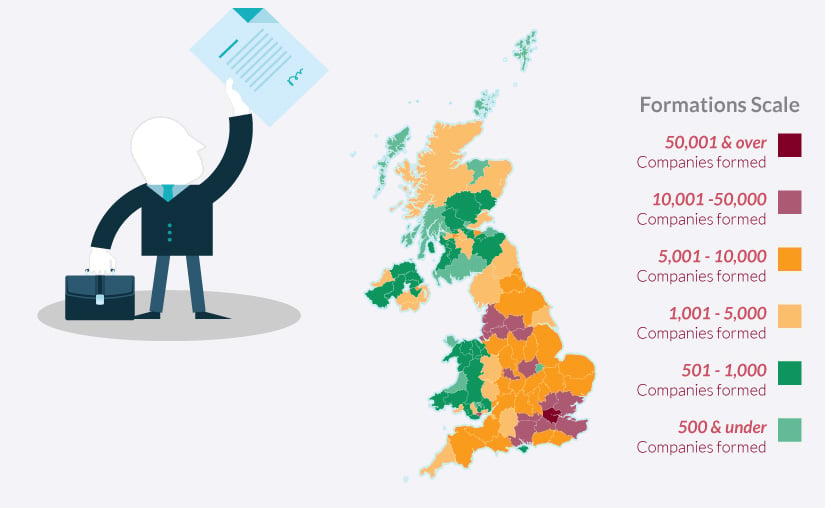business types
An unlimited company is a type of business available both in the UK and elsewhere. In this article, we look at the features, advantages and disadvantages of an unlimited company.…
Advantages and disadvantages of a community interest company (CIC)
A community interest company (or CIC) is a special form of non-charitable limited company. It exists primarily to benefit a community or with a view to pursuing a social purpose, rather than to make a profit for shareholders.…
Advantages and disadvantages of a partnership business
A partnership business is one of the most common forms to run a business in the UK. There are several hundred partnerships currently in existence. The most common alternatives are the sole trader and limited company.…
What is a sole trader?
A sole trader is a self-employed person who owns and runs their own business as an individual. A sole trader business doesn’t have any legal identity separate to its owner. That leads many to say that as a sole trader you…
Advantages and disadvantages of a public limited company
A great number of businesses choose to incorporate as a company limited by shares. That contrasts with other forms of business, such as the sole trader, partnership, limited liability partnership (LLP) or company limited by…
What is a limited liability partnership (LLP)?
A Limited Liability Partnership (often called an LLP) is a type of business structure that combines elements of a partnership and a corporation. It provides limited liability protection to its partners, which means that the…
2025 Review
of UK Company Formations
Read our comprehensive review of UK company formations in 2024, year-on-year growth rates and breakdown by county. This detailed insight is provided in the form of easy to understand infographics available for sharing through social media and on your own website
